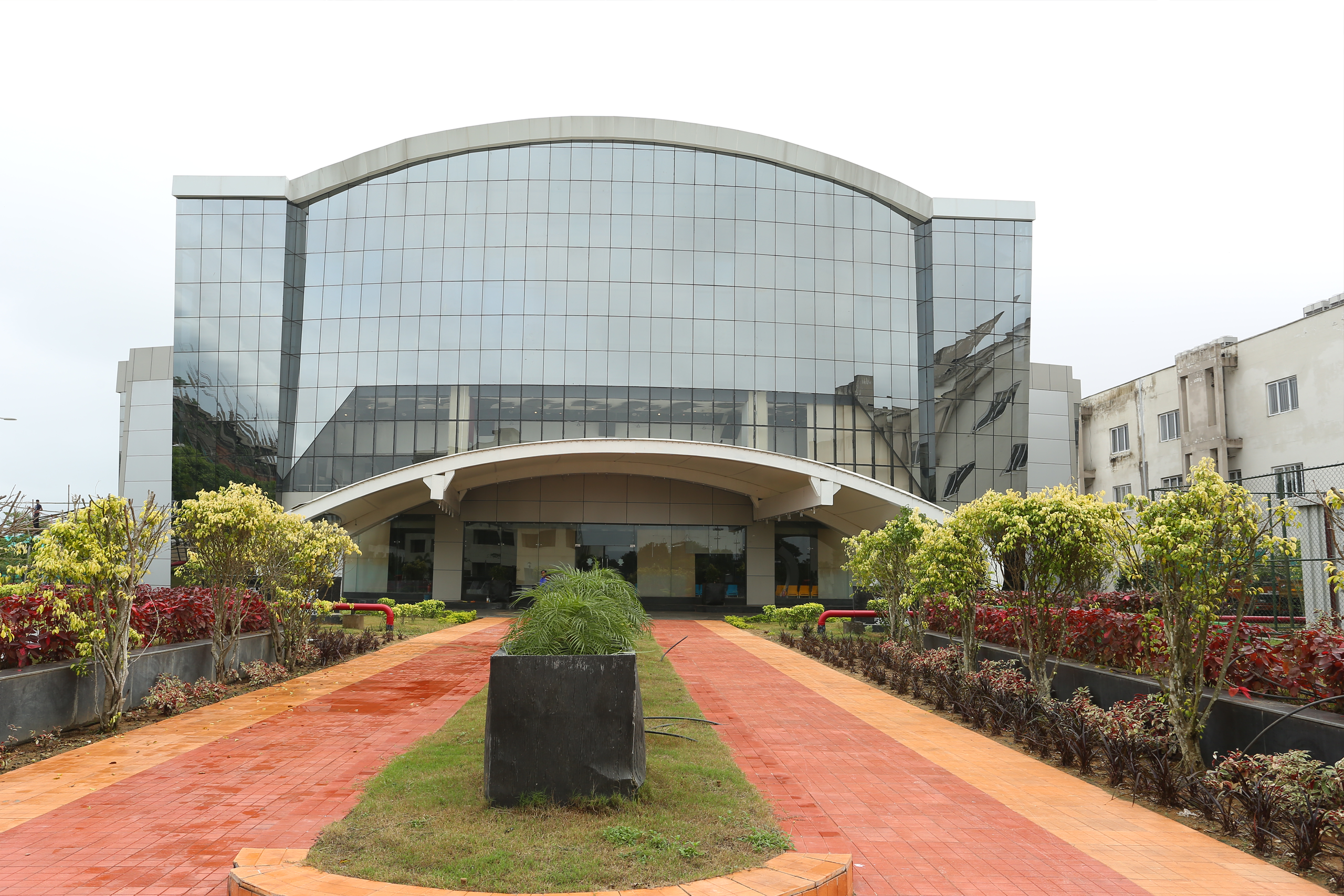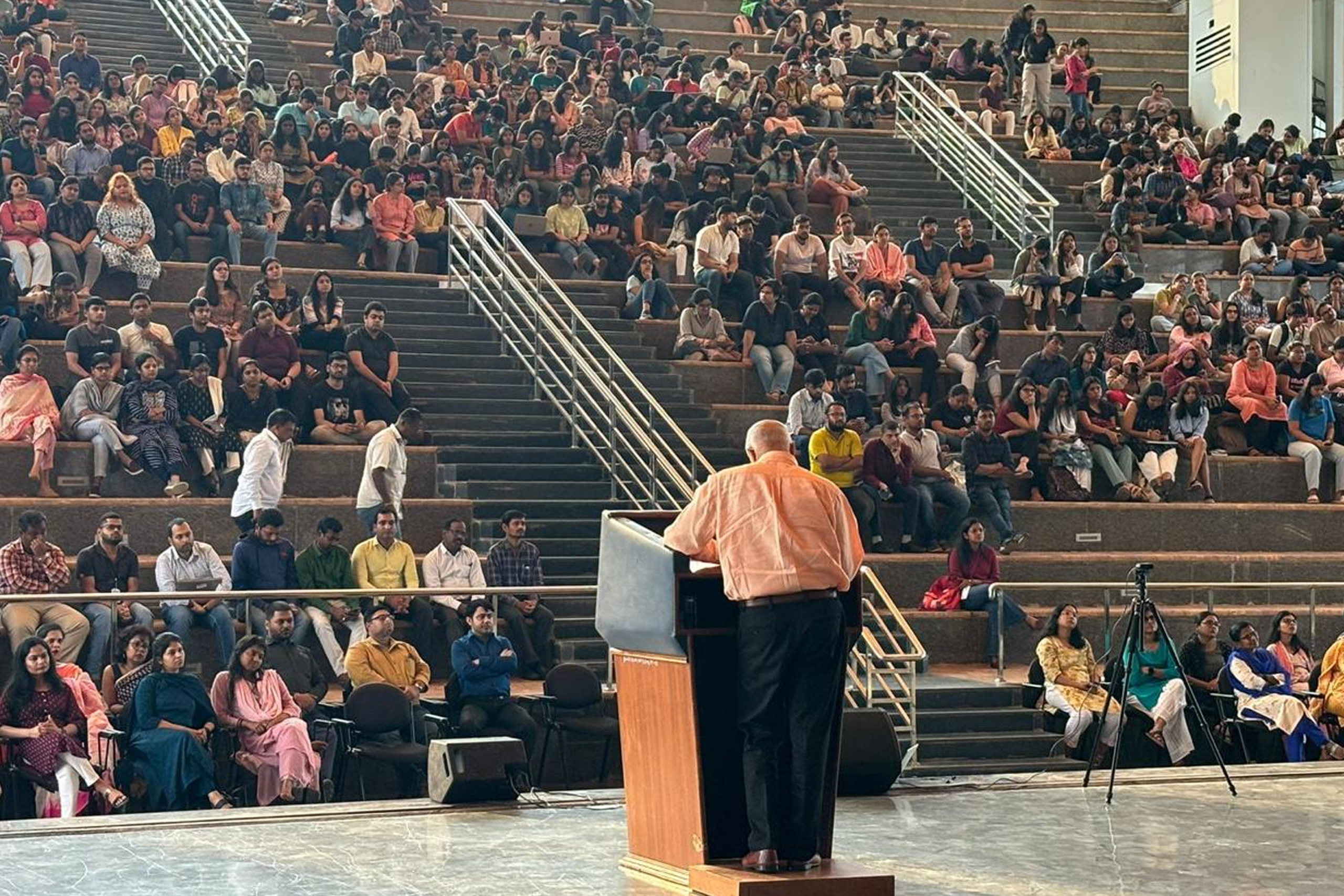29-31 July, 2019 – “Symposium on Legal Education and Policy Research on Child Right
24 Jul 2019
Symposium on
Legal Education and Policy Research on Child Rights
Date: 29-31 July 2019
Organized by:
Centre for Child Rights, National Law University Odisha
Introduction
Legal education of present days was shaped during the post liberalisation because of the initiatives from the Bar Council of India with the emergence of National Law School of India University in Bangalore, Karnataka. At present 19 National law Schools exist across the country.
National Law School of India University, Bangalore established the Centre for Child & law on April 1, 1996. The aims and objectives of the Centre was to integrates research, direct field action and teaching on child rights law; and uses law and socio-legal strategies as a tool for transformative social change in order to enable children to live with dignity1.The Centre has concentrated on law and policy reforms on Juvenile Justice and has emerged into a Centre of excellence.
The National Law University of Odisha established in 2008. In 2015, theCentre for Child Rights was established with support from UNICEF. It is the second such Centre established after the Centre for Child & Law at the National Law School of India University, Bengaluru. The Centre’s mission is to improve access to justice for children; promote research and advocacy to strengthen child rights laws and policies. Since its establishment, the Centre has demonstrated and contributed to knowledge sharing and dissemination in Odisha. Based on the work that the Centre has been able to undertake it has been featuredin the UN News under UN Works in India: Peace, Justice and Strong Institutions- Knowledge partnership with National Law University, Odisha (Newsletter of the UN Information Centre for India and Bhutan, December 2016, Vol. XII).
Emergence of Child Rights Centers
Since 2015, UNICEF has been supporting the setting up of similar child rights centres in the states, most of them within Law Schools and also elsewhere. At present Law Schools at Vishakapatanam, Assam, Ranchi, Patna, and Lucknow alsohave established the Child Rights Centre with UNICEF support. UNICEF is also supporting the Centre for Child Rights at the SardarVallabahi Patel University on Police Security & Criminal Justice, Jodhpur and the CID of Police, Jharkhand, Raipur. These institutions have been undertaking training and capacity building of key juvenile justice personnel and offering courses on child rights. Allof them are also engaged in legal research.
Role of Law Schools in Child Rights Education
Although the international instruments have influenced law reforms on children related issues, it is being debated of conflicts between the Indian Laws on children and the provisions on international instruments. Therefore, it requires in-depth analysis in relation to the transformation of international instruments into law and policy in India and measures to address the gaps.
A few law schools have integrated child rights issues into LLB and LLM courses besides offering diploma or certificate programmes on child rights. But, such legal education need to be modified to suit the demand for the holistic child protection and juvenile justice system and help to enhance the capacity and knowledge of stakeholders on the contemporary developments and innovative strategic approach to ensure access to justice to children. Further, in the absence of systematic action based research and research based action, the implementation of various children related legislations are limping due to multifaceted reasons.
In view of this, it is considered that Law schools can play very proactive roles in legal education and empowerment of stakeholders, civil society organizations, undertake periodic performance audit, social audit and exploring the areas of action based research. Hence, Centre for Child Rights, National Law University Odisha, Cuttack proposed to organize Three day Symposium on Legal Education and Policy Research on Children issues on the following thematic areas
1. Legal Education – Integration and offering of Child Rights & Juvenile Justice -Experiences, challenges and road map: UNCRC has triggered the need for legal education on child rights and a few law schools introduced child rights courses. In spite of legal education focusing on children issues emerged, the implementation of laws and policies are yet to evolve inconformity to the provisions of international standards. For example, the concepts of diversion, alternation care to institutional care, restorative justice and human rights standards in handling children affairs yet to emerge. Therefore, during this symposium, the Laws schools that offer child rights and juvenile justice course shall share their teaching experiences, types of audiences showing interest, challenges, and outcomes. At the end of the sessions, clear understandings will be made on structuring the courses and exploring the new programmes.
2. Legal Research- Juvenile Justice & Child protection – experience, challenges and exploring new areas for cooperation among law schools: Administration of juvenile justice is being handled by multi- stakeholders with different understanding on children issues. Laws are enacted and institutions and mechanisms have been established. But, there is no systematic research on social auditing on the outcome, performance audit, specific issues and challenges of children affairs. Law Schools that have undertaken research shall share their research experiences and challenges. At the end of the session, the areas of research on juvenile justice and child protection will be discussed and explored.
3. Advocacy and policy documents on law reforms on juvenile justice and child protection: UN Committee on the Rights of Child in General Comment No.10 advocates for the Juvenile Justice Policy. Administration of juvenile justice is the multi-stakeholders accountability and responsibility and requires a comprehensive action plan. Therefore discussions will be made on advocacy and policy reform and a draft document will be prepared.
4. Clinical legal education and multidisciplinary issues: A few law schools are offering seminar course or clinical course on juvenile justice. The purpose of clinical education is to introduce students to test their theoretical gains through practicum in the field. The Laws envisages involving the multidisciplinary teams’ in handling children in conflict with law and child victims of sexual abuse and other forms of crime. Role of legal aid, probation officers, mental health professionals, support persons, occupational therapists, behaviour therapists, counsellors and social workers are the key players. Therefore, the symposium will give a platform to discuss about the clinical education and multidisciplinary team approaches and evolving standards in services.
Objectives of Symposium
1. To share and understand the overall insights and current engagements of National Law Universities towards promotion of sustainable child rights programmes.
2. To provide critical understanding of the trends of child rights education for promoting collaborative and cooperative approach to strengthen child rights education.
3. To foster cooperation for promotion of empirical studies, policy papers, knowledge toolkits, information sharing and academic dialogues on child rights and juvenile justice.
4. To identify thrust areas and emerging issues which would be amenable for empirical research and evidence based advocacy.
5. To explore area of mutuality, cooperation and sharing of resources amongst the child rights centres of NLUs across in India.
Expected outcome: It is expected that the three-day Symposium would bring out the following
1. Developed comprehensive course frame work on child rights education for Law students and stakeholders
2. Developed legal research frame work and unexplored areas identified for legal research and explored the collaboration of organizing legal research collectively
3. Evolved juvenile justice and restorative policy frame work
4. Prepared the roadmap for sharing resources amongst different child rights centre at NLUs across India.
Participants for the Consultation: Faculty of law who is associated with legal education on children issues and Coordinators and Research Associates of the Centre for Child Rights in the respective Law School are the participants.
Venue: National Law University Odisha, Cuttack
NLSIU website on Centre for Child & law





